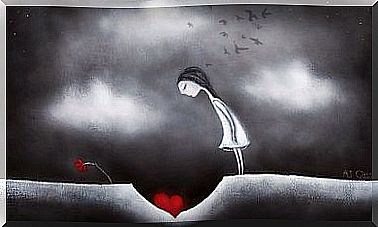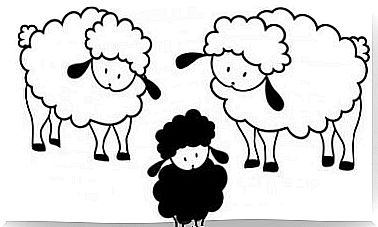Cognitive Processes: What Are They?
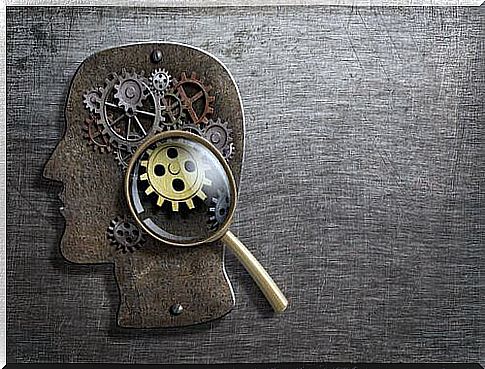
Behavior is a resource that people have to adapt to the world. It allows us to change our environment and our reality to be able to adapt to what happens to us. Our behaviors are mediated by some internal cognitive processes, but what are they? Let’s talk about the 8 most studied cognitive processes in psychology.
The 8 main cognitive processes are: (a) Perception, (b) Learning, (c) Language, (d) Thinking, (e) Attention, (f) Memory, (g) Motivation and (h) Emotion. In the course of the article they will be exposed separately, but it is important to emphasize that these processes are closely related to each other. Although they maintain their terminological independence, many of them could not exist without the others. The best thing, therefore, is to identify this distinction as an artificial classification that facilitates scientific work for us.
Cognitive processes
Perception
Among the basic cognitive processes, perception is responsible for providing us with an “image” of the reality that surrounds us, since it offers us the information coming from external stimuli through the senses.
Perception has the task of organizing and endowing any sensory stimulus with meaning. The function of this process is obvious: knowing the environment allows us to move and interact with it, basic aspects for obtaining an efficient adaptation.
Learning
The process by which we modify and acquire knowledge, skills, skills, behaviors, etc. It is activated through past experiences: we learn to relate certain behaviors with their consequences, which is why it is closely connected to memory.
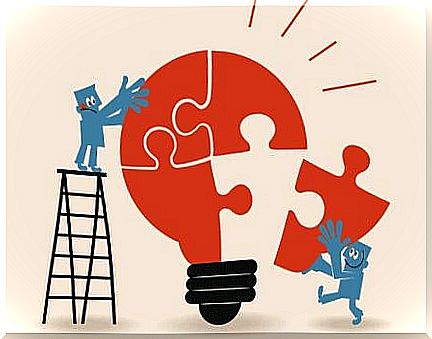
The study of learning has largely been carried out by the psychological branch of behaviorism, which has provided us with the theories of classical and operant conditioning; these explain the mechanisms by which we learn.
This process is useful because it allows us to vary our repertoire of behaviors according to what has happened in our past; it allows us, therefore, to respond in a more adaptive way to present and future situations.
Language
The human being is a social being, for this reason language is the process that gives the individual the ability to communicate with those around him. This communication, in the case of human beings, is achieved through a complex symbolic code: idiom or language. The complexity of our language allows us to accurately describe almost anything, whether it has happened in the past, in the present, or will happen in the future.
The usefulness of this process is related to our need to maintain complex social relationships that allow us to survive in a hostile environment. Language provides us with a type of communication that is broad enough to make human societies work.
Thought
Among the most complex cognitive processes we find thought which in psychology is defined as the person in charge of transforming information, to organize it and give it meaning. The study of thought began with Aristotelian logic, but this did not prove effective for its analysis, since the human being did not reason with logic.
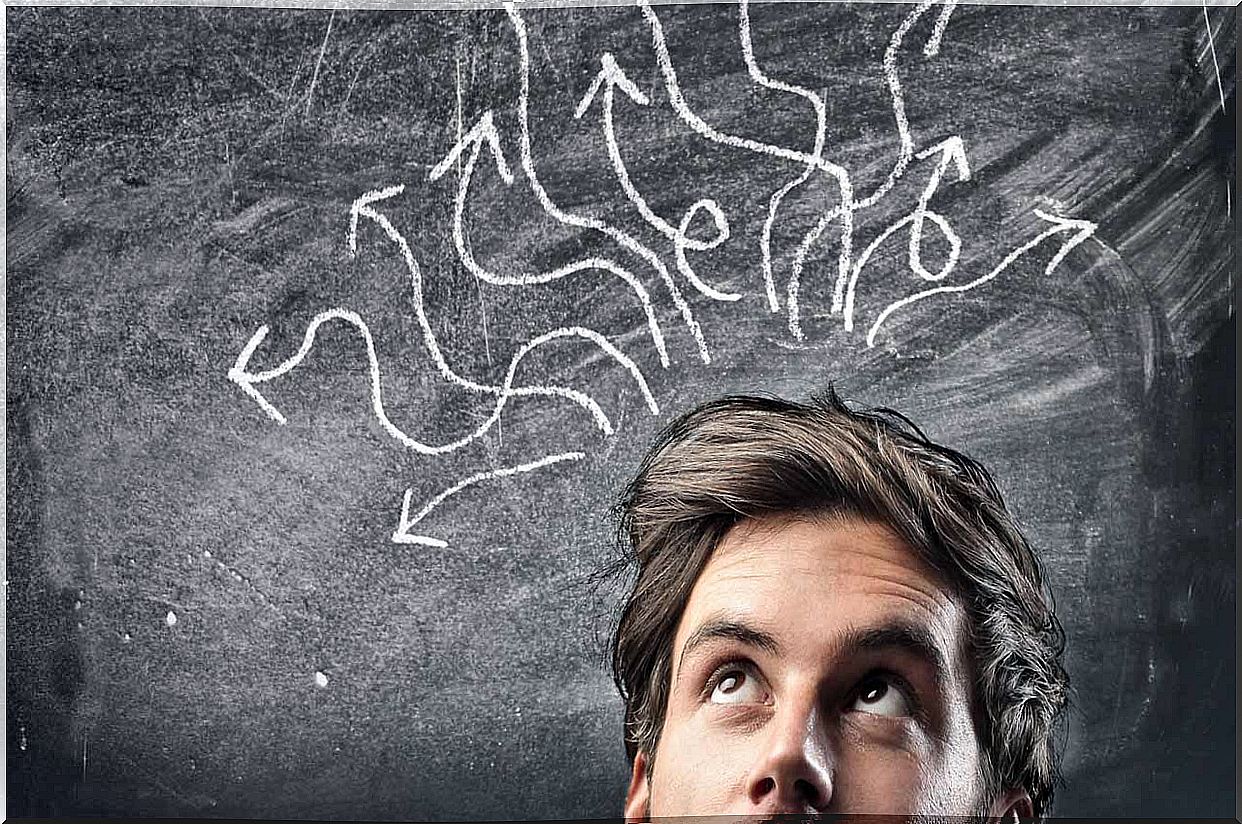
Attention
Attention is the process in charge of focusing our resources on one set of stimuli and ignoring the rest. This is how it works because people receive a large amount of stimuli at a time, but it is impossible for you to be able to pay attention to everyone at the same time.
The attention process is adaptive because, if it did not exist, we would find ourselves lost, not knowing which stimuli to react to. It seems paradoxical that the self-imposition of a cognitive limitation presupposes an evolutionary adaptation, but it is indeed so.
Memory
Among the basic cognitive processes there is also memory, which allows us to encode information to store it and then retrieve it. An essential process and closely connected to all the others.
Memory allows us to remember explicit information, such as which capital of France is, or procedural information on how to ride a bicycle. Memory exists because it is really useful to keep information about our past experiences in order to reflect and act accordingly in future events. Without this process, the other processes would not exist, all of them in fact find a strong sustenance in the memory.
Motivation
Among the cognitive processes, motivation has the task of providing the body with the necessary resources to implement a conduct. This is the process in charge of activating the body and putting it in the right state. Another important aspect of motivation is its direction: it prepares the body and directs the conduct based on the options available.
The function of motivation is to get the individual to direct his conduct towards his goals and objectives, thus avoiding remaining immobile. It is a process closely related to emotion and learning.

Emotion
Emotions are reactions to external stimuli that allow us to guide our behavior and act quickly when we receive requests from the surrounding environment. Emotions have a triple component: (a) somatic, that is the physiological changes caused by the emotion, (b) behavioral, here comes the spectrum of the conduct that triggers the emotion and (c) feeling, it is the subjective experience lived by the individual experiencing the emotion.
The function of emotion is to be able to direct our behavior quickly and effectively. Most decisions are not of such importance that they spend a lot of time and resources on us; here comes the emotion. It is important to understand that any decision is affected to a greater or lesser extent by our emotions.
In this article we have exposed the basic cognitive processes in a very general way; they all represent broad study subjects with a multitude of details. The intensive study of each of them provides us with the basic information to understand the behavior and mental processes of the human being.

